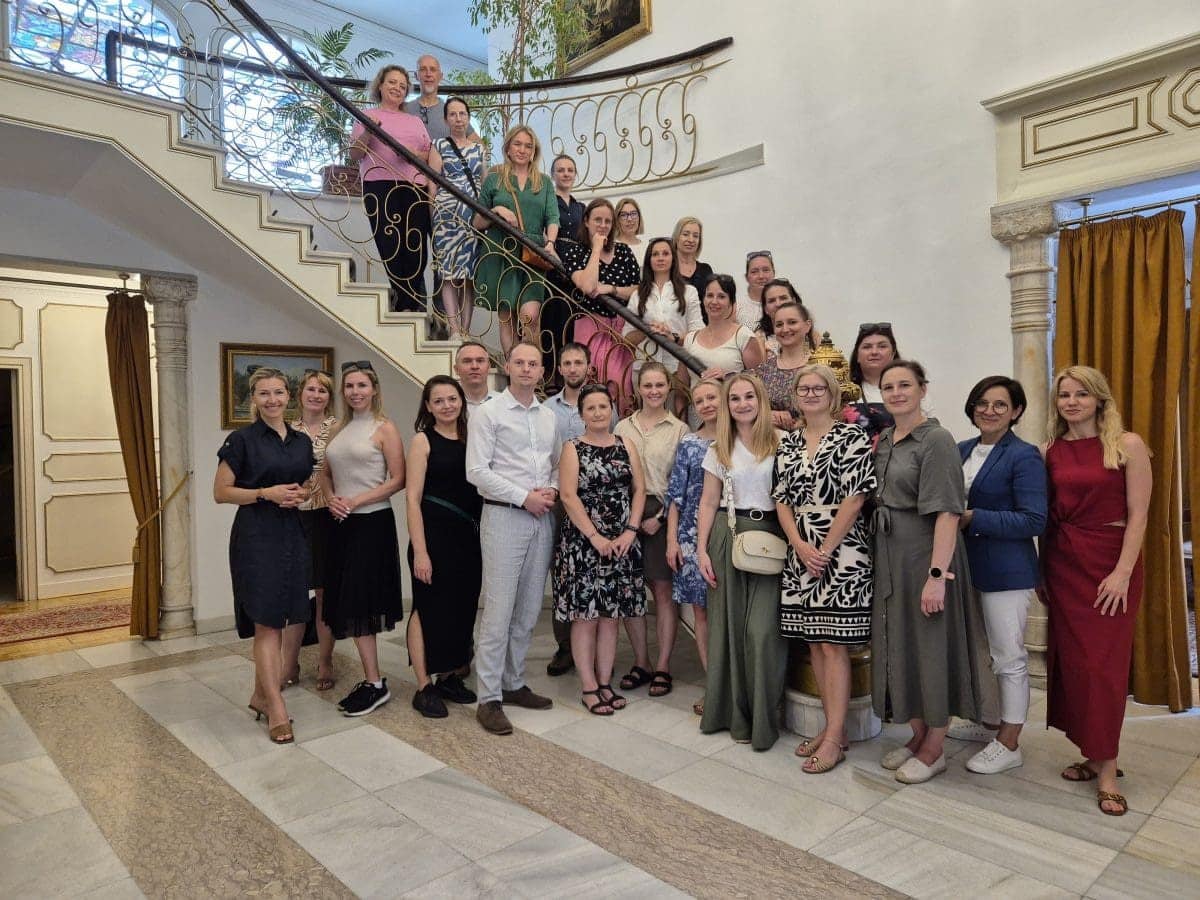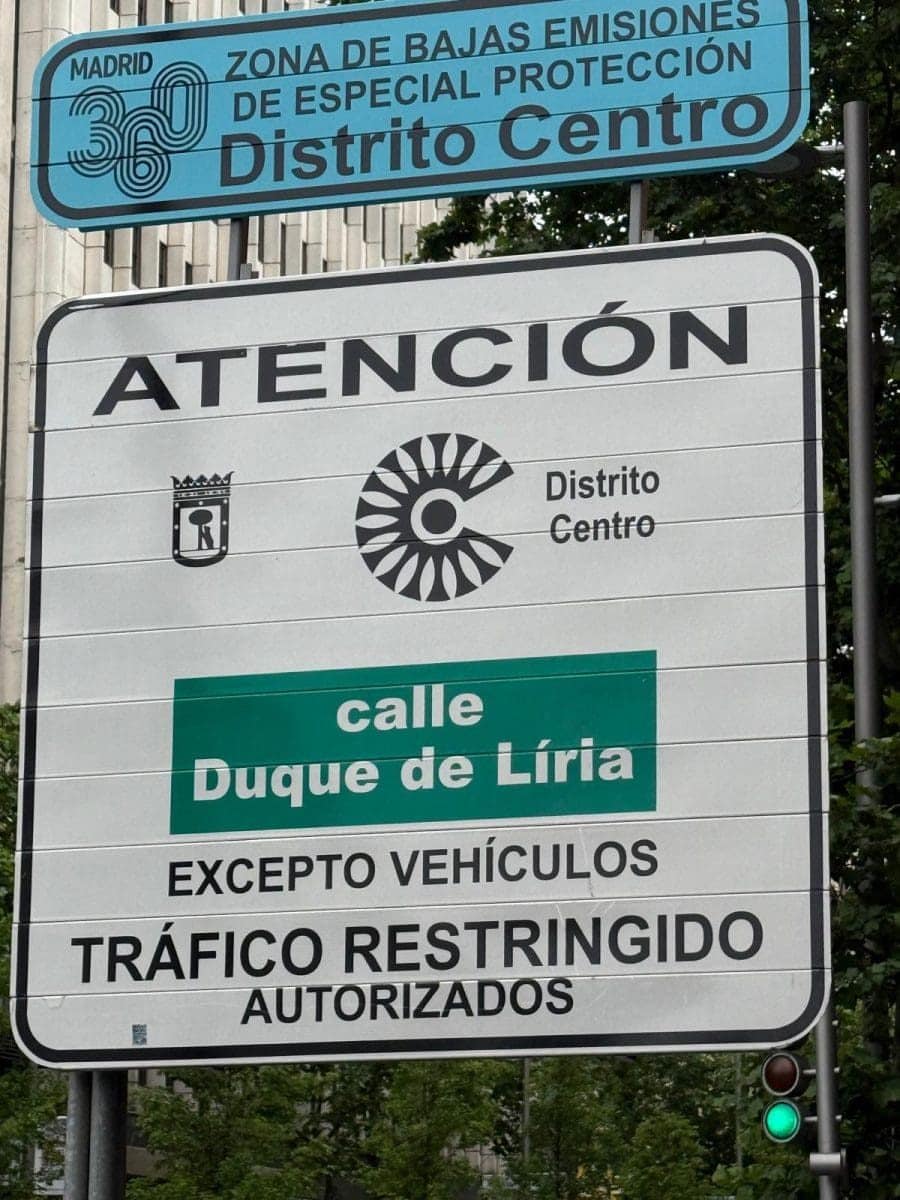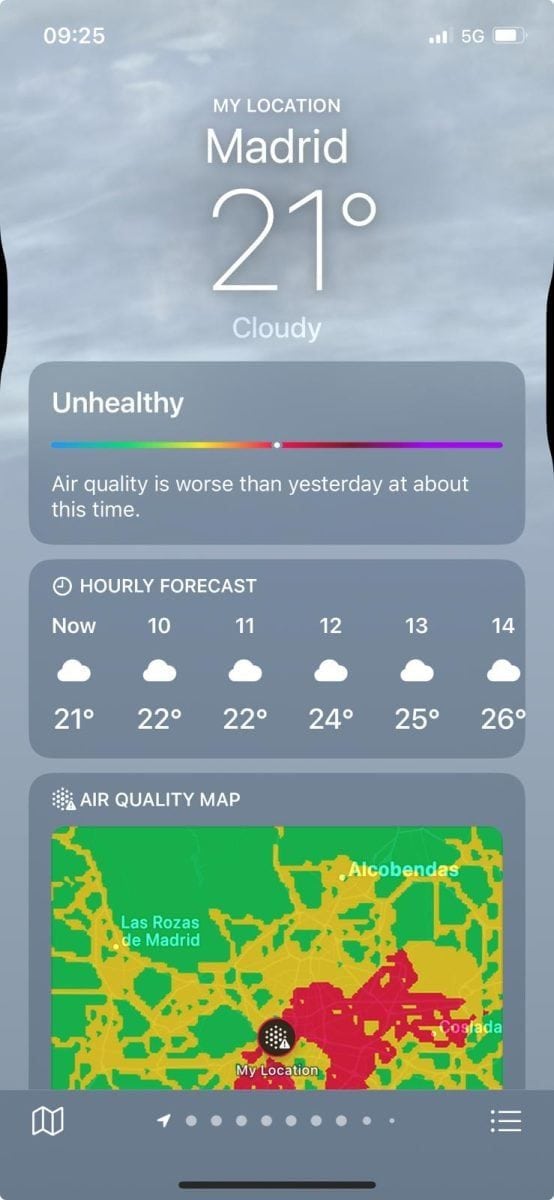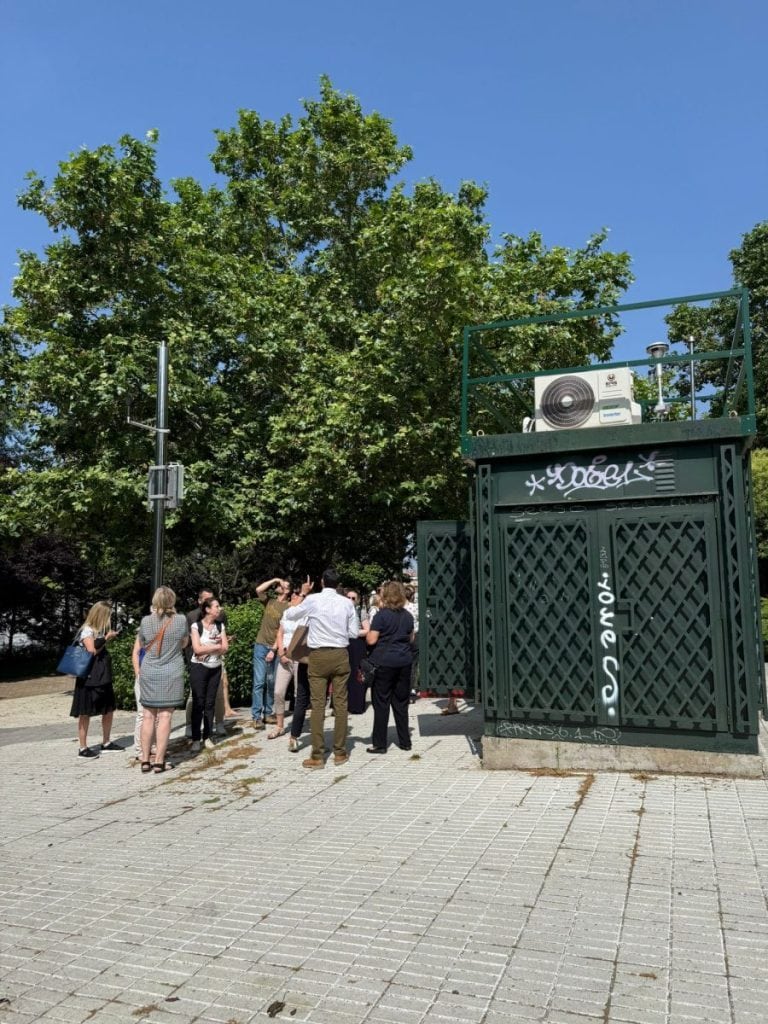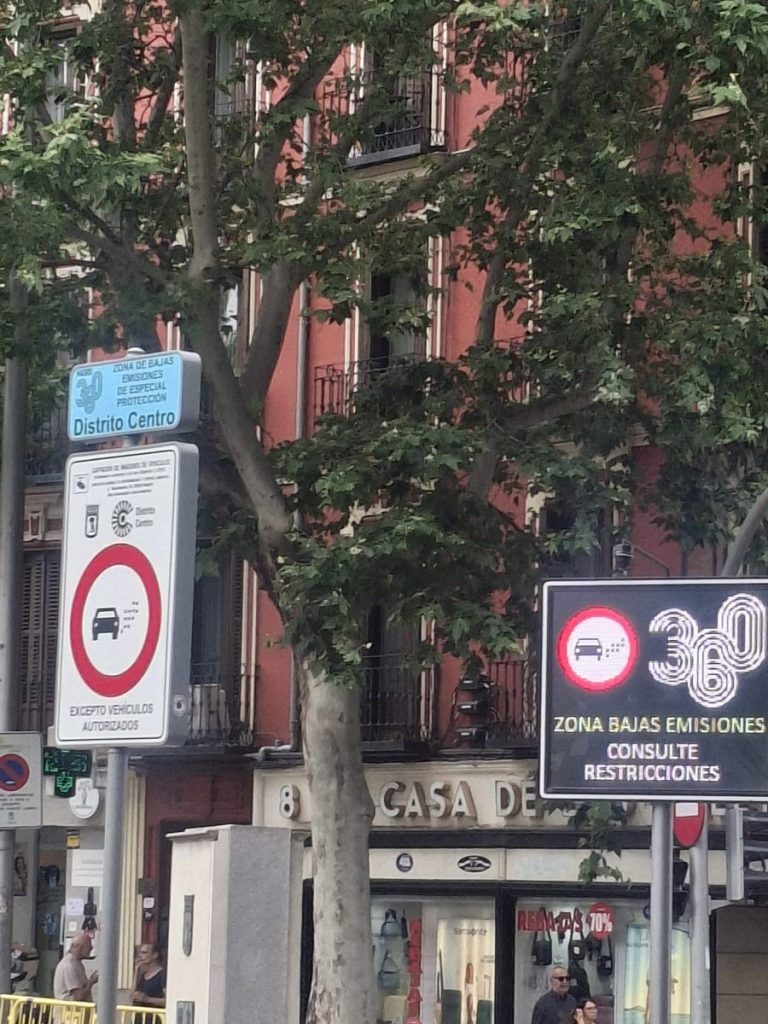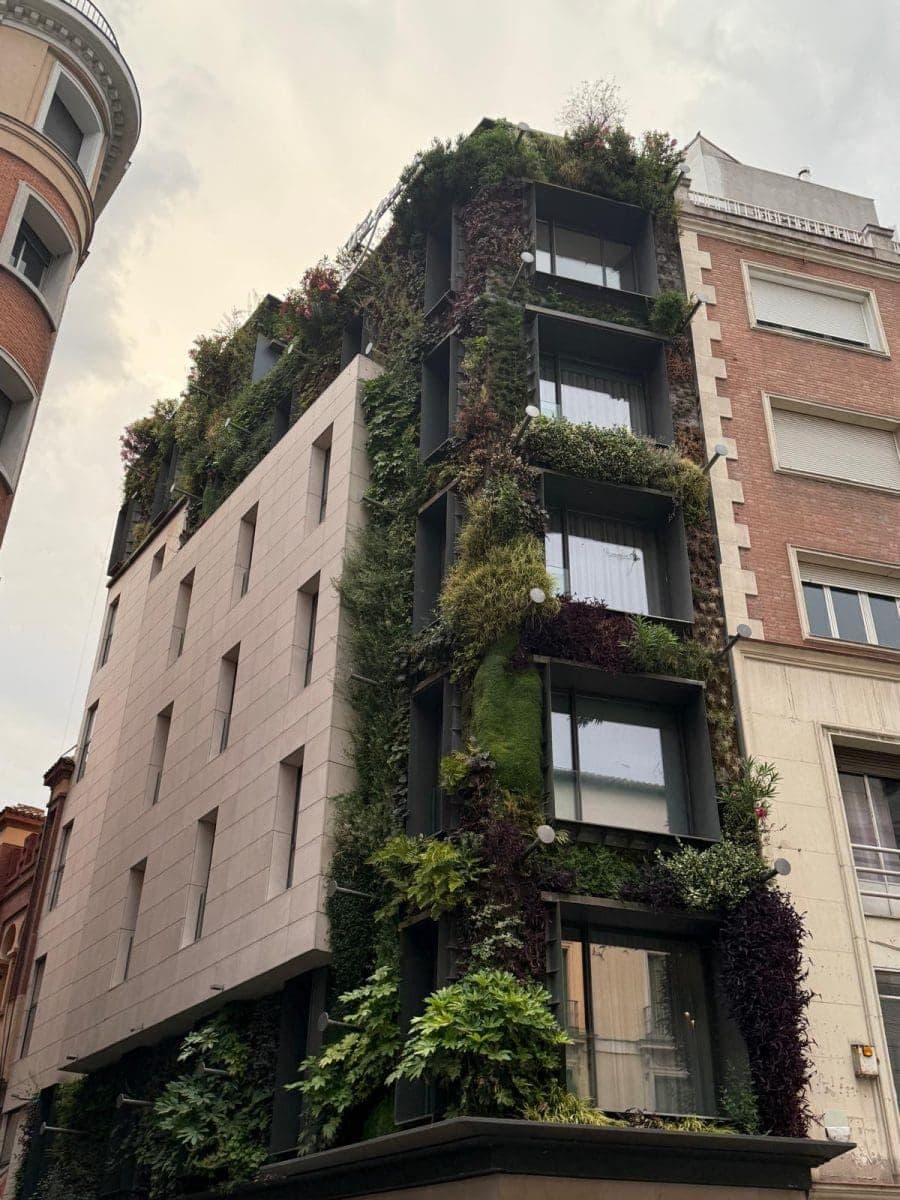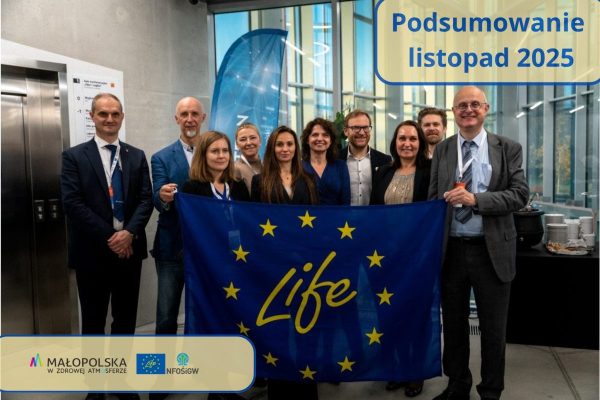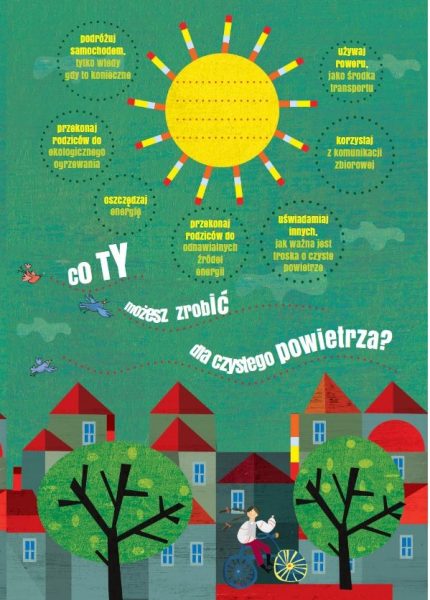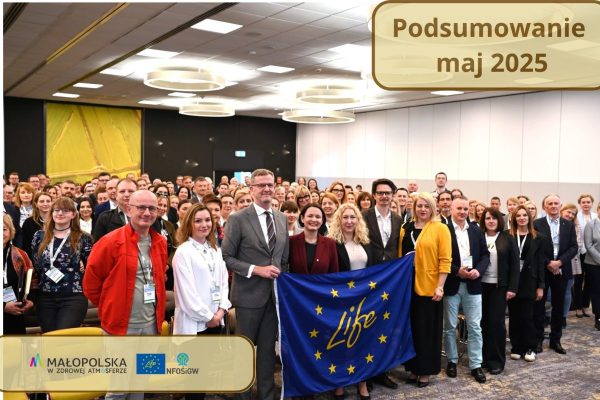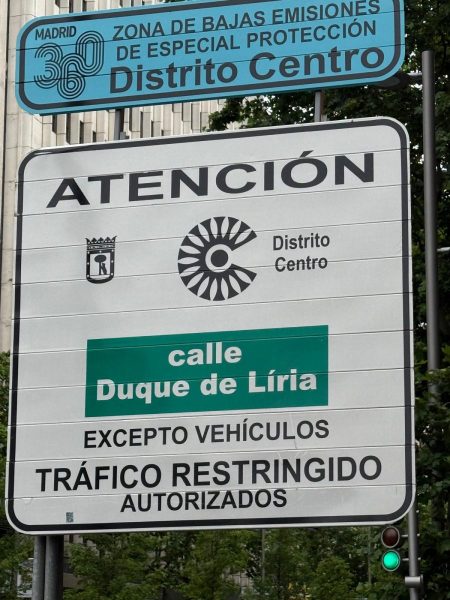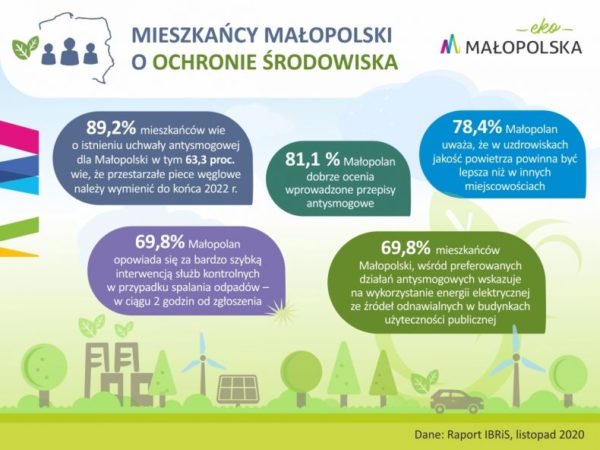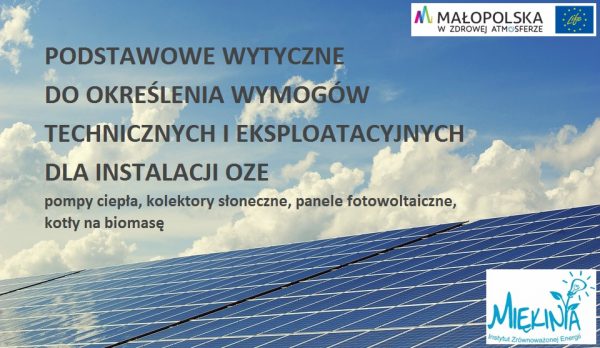Partnership for clean air – study visit of the Air Protection Group in Madrid
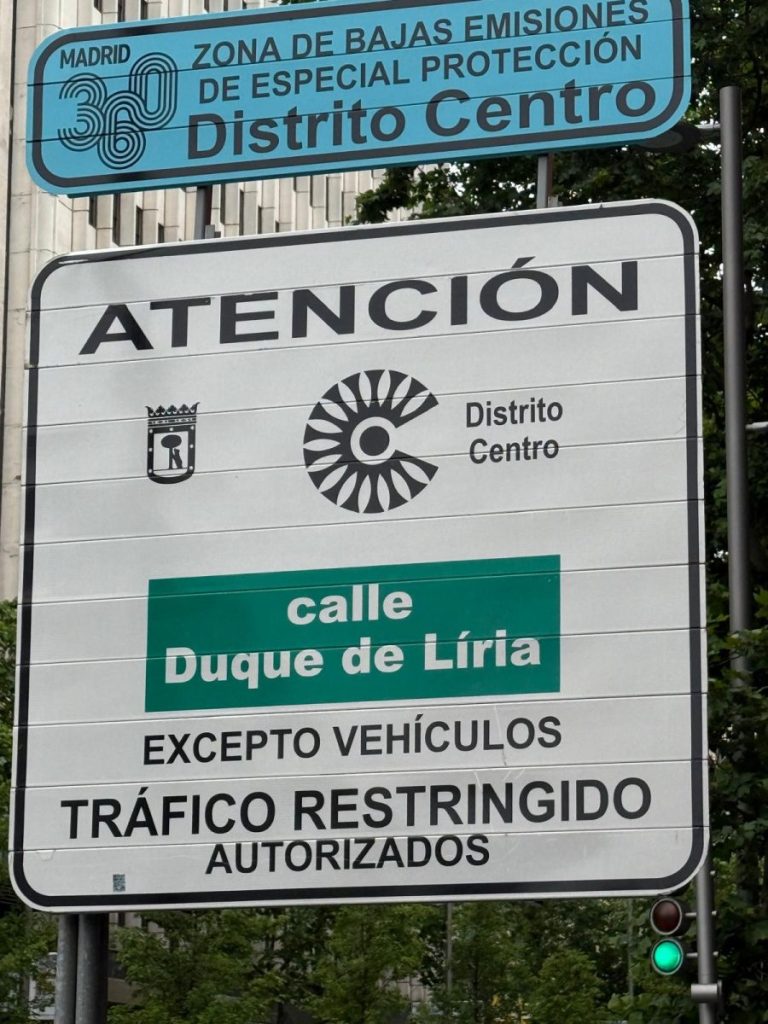
From 9 to 12 June this year, members of the Air Protection Group, coordinated by the Ministry of Climate and Environment, took part in a study visit to Madrid. The trip was organised within the framework of the ‘Partnership: Environment for Development’ project and aimed at exchanging knowledge and good practices in the field of air protection with Spanish institutions and developing the participants’ competences in the area of implementation of EU legislation.
The visit was an opportunity to engage with a number of institutions, including the Ministerio para la Transición Ecológica y el Reto Demográfico, the Dirección General de Transición Energética y Economía Circular, the Ayuntamiento de Madrid, the INVERENCE organisation, and the Polish Embassy in Madrid, among others.
Topics for meetings and exchange of experiences
During a number of meetings, experts from Poland were introduced to measures taken at local and regional level in the Community of Madrid to improve air quality and reduce pollutant and greenhouse gas emissions. Presentations included:
- Madrid’s climate and energy strategy,
- a system of short-term interventions to be taken in the event of NO₂ levels being exceeded,
- implementation of the Clean Transport Zone,
- support programmes for residents, including subsidies for replacing cookers, windows, air conditioners, vehicles and taxi fleets,
- development of energy efficiency and energy self-sufficiency in buildings.
The Polish delegation also had the opportunity to visit an air quality measuring station and learn about monitoring activities, modelling and warning systems for risks of exceeding alert levels.
Conclusions and inspiration
During the visit, participants saw the concrete results of the measures implemented in Madrid. Over the past seven years, NO₂ levels have fallen from 42 µg/m³ to 36 µg/m³. A key element has been the introduction of the Clean Transport Zone, covering the area inside the city’s main ring road. A total ban on the use of coal-fired boilers has also been in place since January 2022, with as many as 400 large installations replaced thanks to grants covering up to 80% of the investment costs.
The Madrid authorities are pursuing an ambitious subsidy policy, including for the replacement of vehicles (including non-electric), the taxi fleet, air conditioners and – in the future – delivery vehicles. Work on the implementation of the restrictions (Clean Transport Zone) has been carried out in close collaboration with universities such as the Polytechnic University of Madrid, allowing the effects of the proposed solutions to be modelled precisely.
Despite the progress, Spanish experts stressed that meeting the new, more stringent air quality standards (under Directive 2024/2881) will be a major challenge – especially with regard to NO₂ and ozone levels.
Working together for clean air
The visit was also an opportunity to meet a representative of the Polish Embassy in Madrid – Ms Monika Krzepkowska – and to learn more about the legislative, consultation and planning processes related to the implementation of EU regulations in Spain, such as the preparation of air quality plans and national roadmaps.
The exchange of experience between Poland and Spain is a valuable element in the development of a common European policy for clean air, combating climate change and protecting citizens’ health.
